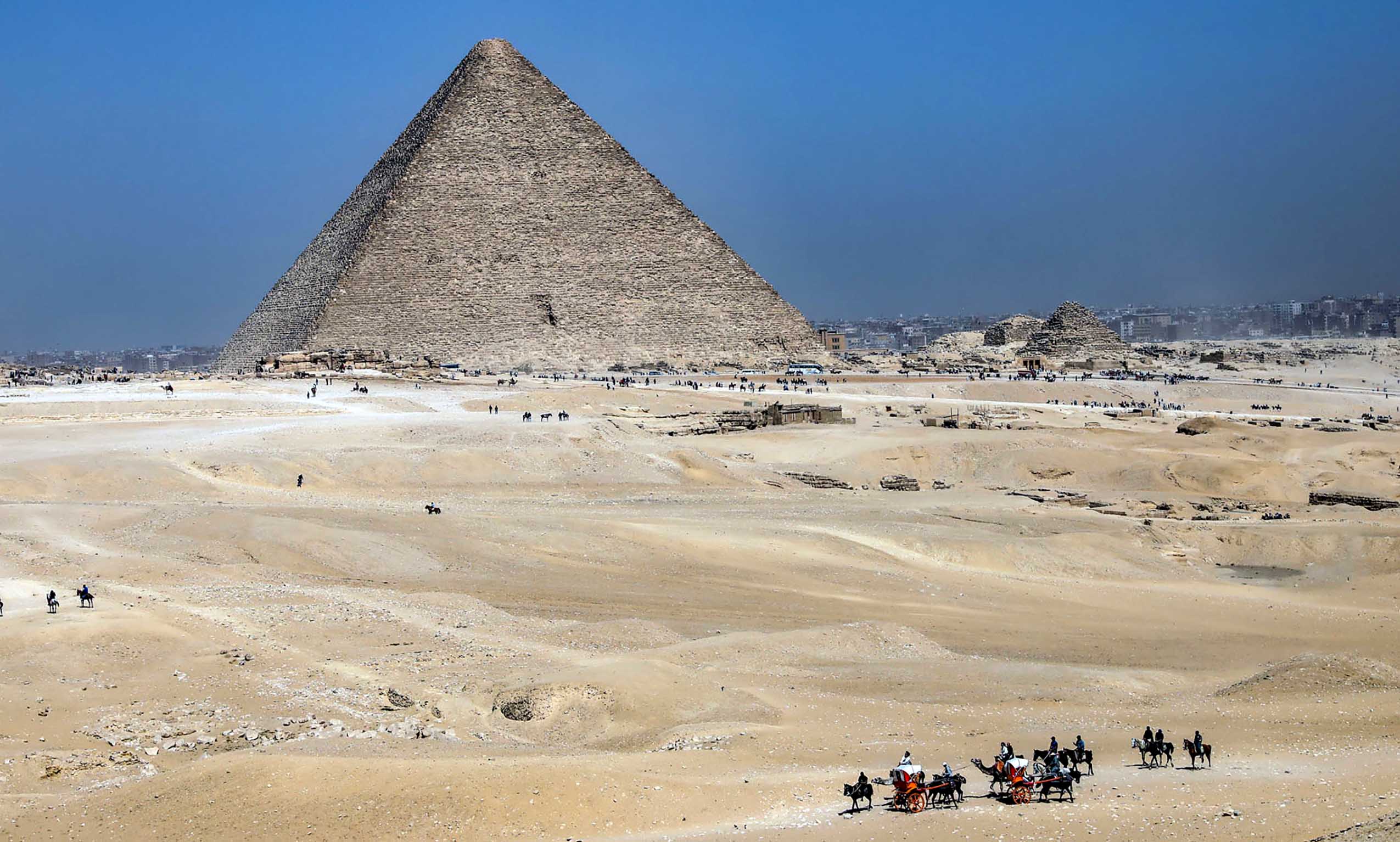Europe to meet US on Iran as nuclear deadline looms

Top diplomats from European powers and the United States will hold talks on Thursday to see how to revive the 2015 deal on Iran's nuclear drive, days ahead of a deadline set by Tehran that could hinder the efforts by limiting inspections.
French Foreign Minister Jean-Yves Le Drian will host his German and British counterparts in Paris, with America's new top diplomat Antony Blinken joining via videoconference, the French foreign ministry said Wednesday.
Highlighting the tough path ahead, German Chancellor Angela Merkel voiced "concern" that Iran was failing to meet its obligations in telephone talks with President Hassan Rouhani, her spokesman said in a statement.
Analysts say only a small window of opportunity remains to save the landmark deal, which received a near-fatal blow when former US president Donald Trump walked out of the accord in 2018.
The administration of Joe Biden has said it is prepared to rejoin the deal and start lifting sanctions if Iran returns to full compliance, a precondition disputed by Tehran.
Ahead of the talks Biden spoke overnight to Israel's Benjamin Netanyahu, with the two leaders discussing the "Iranian threat and regional challenges", according to a White House readout.
Adding to the tension, Iran plans to restrict some UN nuclear agency inspections if the US does not lift its sanctions -- imposed since 2018 -- by February 21, under the terms of a bill adopted by its parliament in December.
- 'On the cards' -
International Atomic Energy Agency (IAEA) chief Rafael Grossi is to travel to Tehran on Saturday for talks with the Iranian authorities to find a solution for continuing inspections in the country, the agency said.
It warned that the step threatened by Tehran would have "a serious impact on the IAEA's verification and monitoring activities in the country."
In Washington, State Department spokesman Ned Price said that Iran should provide "full and timely cooperation" with the IAEA.
"Iran should reverse the steps and refrain from taking others that would impact the IAEA assurances on which not only the United States, not only our allies and partners in the region, but the entire world relies," he said, adding that Blinken saw an "important role" for the EU.
Ellie Geranmayeh, a senior policy fellow at the European Council on Foreign Relations, said it was "unlikely" the E3/US meeting on Thursday would produce a significant political or economic gesture to prevent Iran from going ahead with the restrictions.
"This deadline has been on the cards for months, and in absence of economic relief Iran's leaders feel compelled to move ahead," she told AFP.
The Joint Comprehensive Plan of Action (JCPOA), signed in Vienna in 2015, was based on Iran providing safeguards that it would not make an atomic bomb, in exchange for a gradual easing of international sanctions.
But Iran has stepped up its nuclear work in violation of the accord after US sanctions were reimposed as part of Trump's "maximum pressure" policy to weaken the Iranian regime.
The UN nuclear watchdog said last week that Iran had started producing uranium metal in a new violation of the accord, prompting the European powers to warn that Tehran was "undermining the opportunity for renewed diplomacy."
In her talks with Rouhani, Merkel said that "now was the time for positive signals that create trust and increase the chances of a diplomatic solution".
However the Iranian presidency said Rouhani in the call "criticised Europe's performance" on its JCPOA commitments after the US withdrawal.
- 'Only action' -
While Iran's policy is ultimately determined by supreme leader Ayatollah Ali Khamenei, Iranian presidential elections in June add another time pressure factor.
Rouhani -- a key advocate of nuclear diplomacy with global powers -- is set to step down after serving the maximum two consecutive terms, and a more hardline figure is possibly in line to replace him.
"There is a short window of time to limit the damage that could ensue from Iran's next steps, for example by reducing the impact of such moves on the quality of inspections by international monitors," Geranmayeh said.
She said Washington should move in political and practical terms to show Iran that the Biden administration "is distancing itself from Trump-era maximum pressure."
Khamenei emphasised Wednesday that Iran wanted to see action from the US administration that would help its economy. "This time, only action, action. If we see action from the opposite side, we will act too," he said.










Leave Comment